1. “Words don’t cost money/ Choose your words carefully to please each other” has become a beautiful trait in Vietnamese culture. This way of communication helps Vietnamese people maintain their cultural style of behavior in front of the community. From tradition, our people always respect good reputation and fear bad reputation and false rumors.
Nowadays, with the strong spread of social networks, deviant statements on social networks (Facebook, YouTube, Twitter, Instagram, TikTok,...) quickly become a trend, negatively affecting social ethics and cultural development of Vietnamese people. Unfortunately, a group of young people with distorted perceptions promote deviant statements.
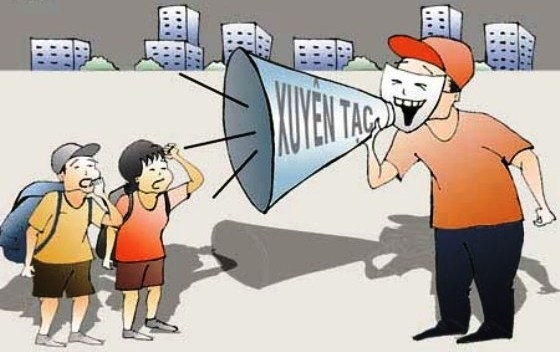 |
| Illustration. Source: congannghean.vn |
The deviant behavior of a group of young people on social networks is shown through their use of stylized and distorted phrases and terms in communication, creating unique and different novelty to attract attention. However, this strange creativity is contrary to the culture of communication and behavior of Vietnamese people.
The cause of this phenomenon stems from the characteristics of age, level of awareness, the need to satisfy the curiosity, curiosity about new, unique statements of young people. Social networks have become a place for them to freely express new things, personal thoughts that cannot be expressed directly. Due to lack of cultural knowledge, lack of courage, people in the same group are easily influenced, enticed, and provoked. From there, uncultured, incorrect statements become catchphrases that spread quickly.
The consequences of deviant statements on social networks by a group of young people will "pollute" the information environment on the network, distort the Vietnamese language, and break good habits in communication and behavior of the community. Deviant statements can also make the image of Vietnamese people become ugly in the eyes of international friends, and can easily be exploited by hostile forces to distort with bad intentions.
Meanwhile, taking full advantage of the rapid spread and ignorance of a segment of young people when participating in social networks, hostile forces use the name of "protecting freedom of speech" to spread the rumor that: The Vietnamese State restricts freedom of expression, freedom of the press, and freedom of the internet. From there, a segment of young people misunderstand the right to freedom of speech, leading to the absolute right to freedom of speech and making deviant statements on social networks.
2. It is necessary to deeply understand that freedom of speech is the right to speak, to express opinions, to debate, to discuss issues in life and work, in accordance with the ethical and cultural values of the nation and community. Freedom of speech is not an absolute right but a right limited within the legal framework and in accordance with the cultural traditions of the nation.
For many countries in the world, the management of information on social networks to prevent negative impacts on the political , social and national security situation is of concern to the state government. In China, the government controls and manages access, registers accounts, and imposes strict legal constraints on both network users and service providers. Chinese citizens mainly participate in domestic social networking sites such as Weibo, Youku, etc. In Europe, in May 2016, the European Commission issued guidelines on a code of conduct against hateful information. Accordingly, technology companies such as Facebook, YouTube, Twitter, and Microsoft have pledged to fight the spread of hateful and illegal speech on social networks. In April 2022, the European Union passed a law on digital services, thereby forcing technology corporations such as Meta, Google, Amazon, etc. to take more legal responsibility in fighting fake news as well as hateful and toxic information and speech content.
3. Vietnam is a country with a rapid growth rate in the number of users on social networking platforms. According to statistics in 2023, there are about 77 million people (accounting for 79.1% of the population) participating in social networking sites. Vietnam has consulted and learned from the experiences of many countries in the world , built and perfected a legal framework to ensure freedom of speech. Article 25 of the 2013 Constitution stipulates: "Citizens have the right to freedom of speech, freedom of the press, access to information, assembly, association, and demonstration. The exercise of these rights is prescribed by law". The document of the 13th National Congress of our Party clearly states: Respect, guarantee, and protect human rights, rights and obligations of citizens according to the 2013 Constitution; link citizens' rights with citizens' obligations and responsibilities to society.
Thus, it can be affirmed that no one is allowed to abuse freedom of speech to create pressure on public opinion, going against the cultural traditions and customs of the Vietnamese people. Freedom of speech must be placed within the framework of the law.
To contribute to ensuring a clean, healthy and safe online environment, helping the young generation to raise their responsibility towards the country and society, first of all, all citizens need to thoroughly understand and seriously implement the 2021 Code of Conduct on Social Networks issued by the Ministry of Information and Communications . With 3 chapters and 9 articles, the Code of Conduct on Social Networks is considered a "compass" to regulate behavior, creating positive habits in users' behavior on social networks.
Accordingly, users need to research, learn and comply with general rules of conduct, including: 1) Respect and comply with the law; 2) Healthiness; 3) Information security and confidentiality; 4) Responsibility. At the same time, each user must: "Learn and comply with the terms and conditions of use of the social network service provider before registering and participating in the social network"; "Use real personal names; implement self-management and security measures for social network accounts". Users must not use hateful words, incite violence, discriminate against regions, genders, religions; not use offensive language, violate public morals; not spread fake news, false information; not post illegal content, information that insults the honor and dignity, affecting the rights and legitimate interests of other organizations and individuals.
In the current situation, it is necessary to focus on promoting the role of schools in equipping young people with knowledge and skills to exploit, share and express personal opinions online in a way that ensures standards and compliance with the law. Schools should closely coordinate with youth organizations, teams, associations and families to focus on propaganda, dissemination and education on behavioral culture, ethical standards and national customs for young people, helping young people to appreciate, preserve and promote the cultural values of communication and good behavior of their ancestors. In addition, it is necessary to promote the strength of the online community in using "the good to eliminate the bad", using positive information to push back negative and toxic information on social networks.
What is more important and meaningful is that users, especially young people who are tech-savvy, need to increase the sharing of information from official and reliable sources; spread good information about the country, people and culture of Vietnam, share positive and humane information so that when accessing and participating in the online environment, everyone can access and enjoy a truly healthy space in the "flat world".
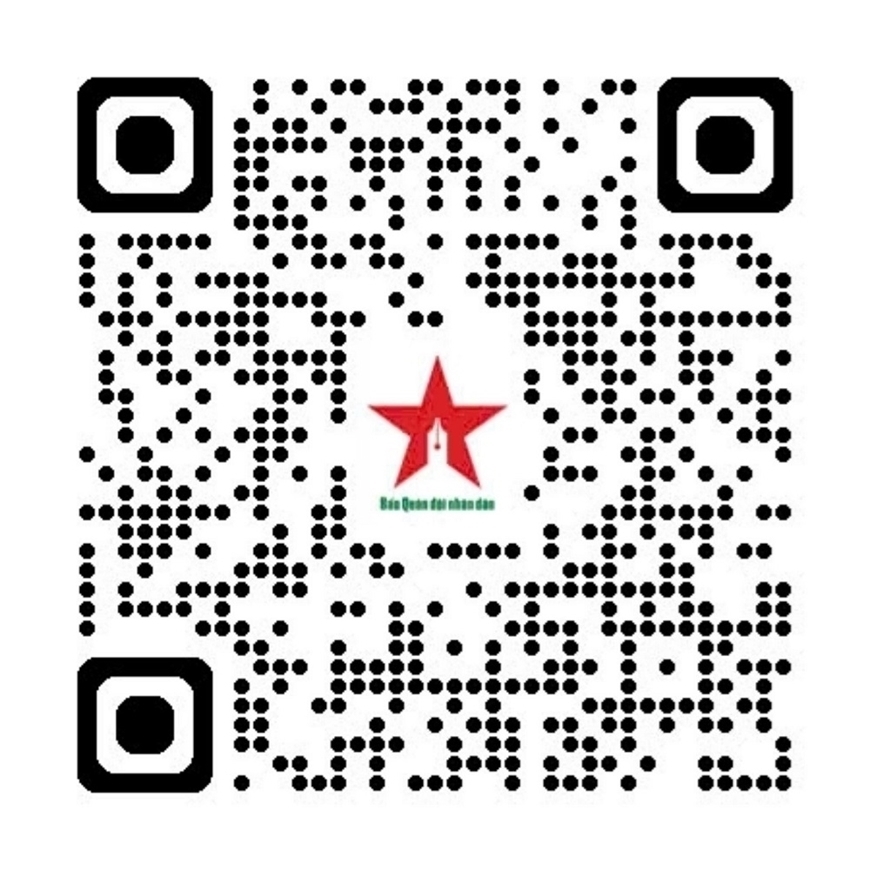 |
Source: https://www.qdnd.vn/phong-chong-tu-dien-bien-tu-chuyen-hoa/phong-ngua-su-phat-ngon-lech-chuan-cua-gioi-tre-tren-mang-xa-hoi-897476



![[Photo] General Secretary To Lam and his wife begin their official visit to Bulgaria](https://vphoto.vietnam.vn/thumb/1200x675/vietnam/resource/IMAGE/2025/10/23/1761174468226_tbtpn5-jpg.webp)

![[Photo] Da Nang: Shock forces protect people's lives and property from natural disasters](https://vphoto.vietnam.vn/thumb/1200x675/vietnam/resource/IMAGE/2025/10/22/1761145662726_ndo_tr_z7144555003331-7912dd3d47479764c3df11043a705f22-3095-jpg.webp)
![[Photo] Comrade Nguyen Duy Ngoc visited and worked at SITRA Innovation Fund and ICEYE Space Technology Company](https://vphoto.vietnam.vn/thumb/1200x675/vietnam/resource/IMAGE/2025/10/23/1761174470916_dcngoc1-jpg.webp)
![[Photo] Award Ceremony of the Political Contest on Protecting the Party's Ideological Foundation](https://vphoto.vietnam.vn/thumb/1200x675/vietnam/resource/IMAGE/2025/10/22/1761151665557_giaia-jpg.webp)
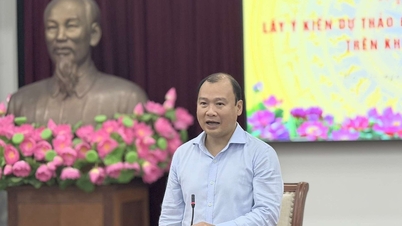



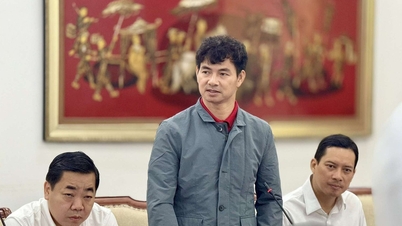
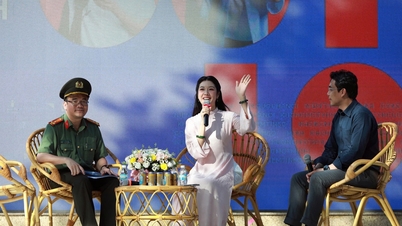
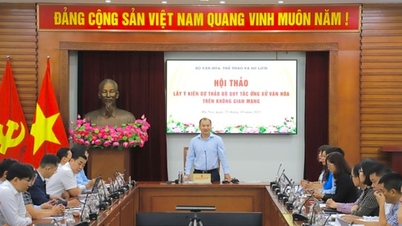

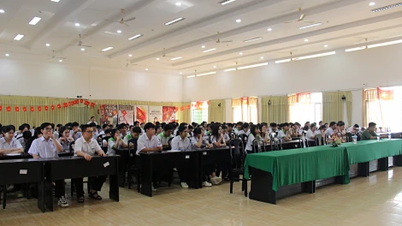



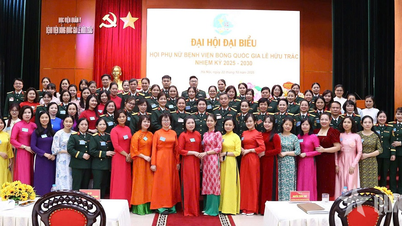
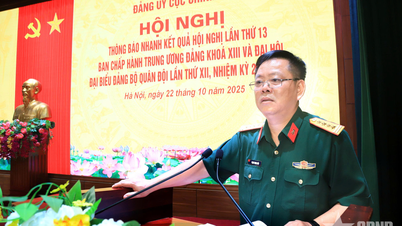
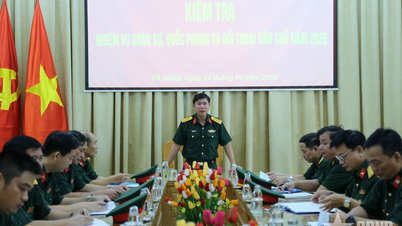





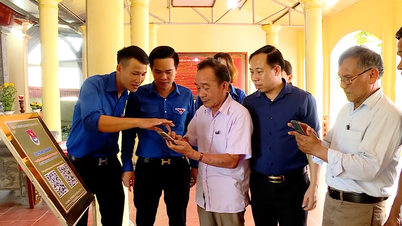
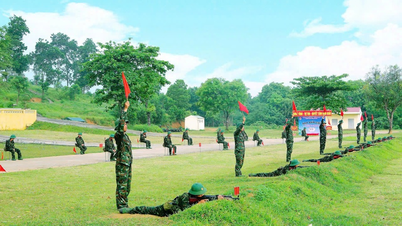

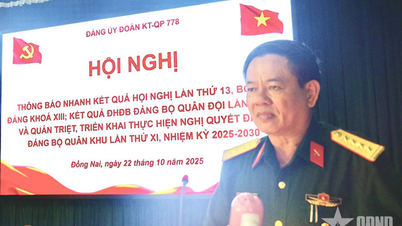
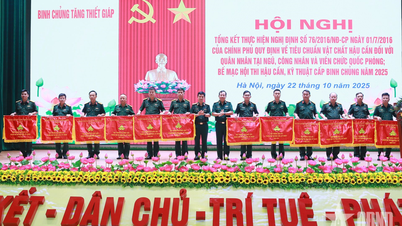
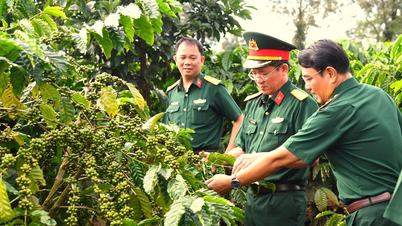








































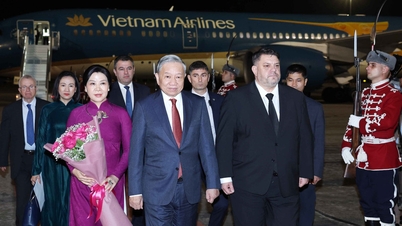
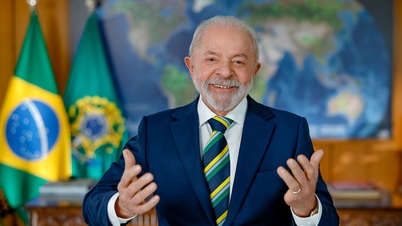

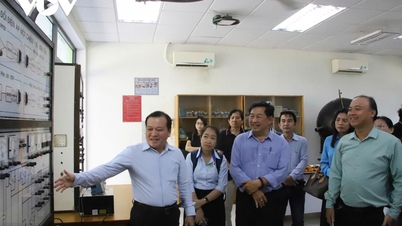

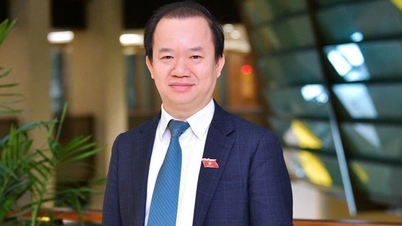

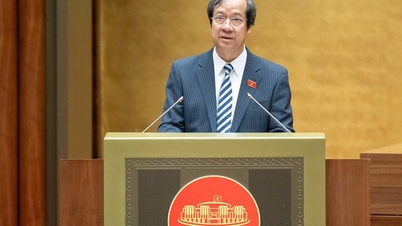
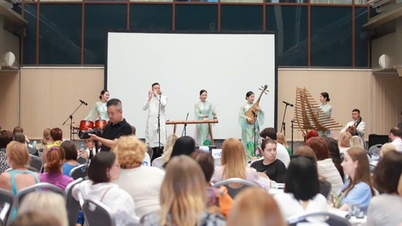
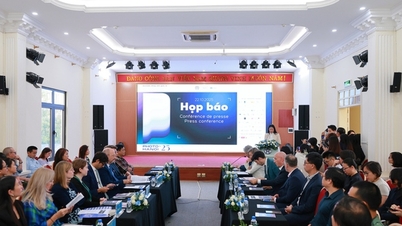

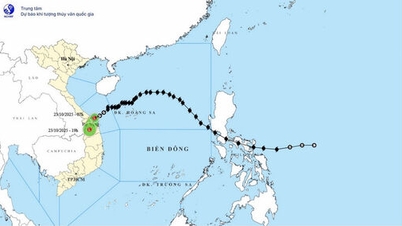

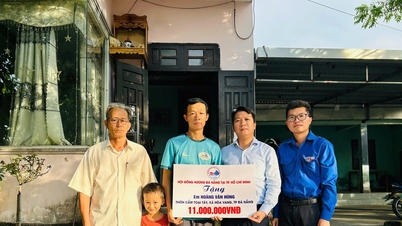

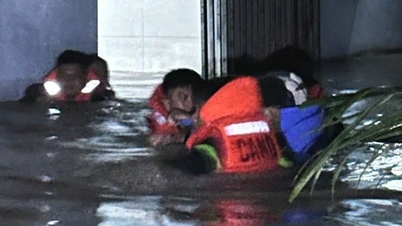
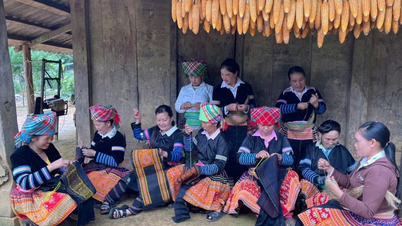

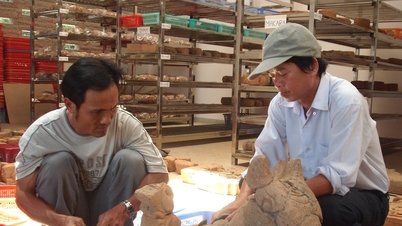













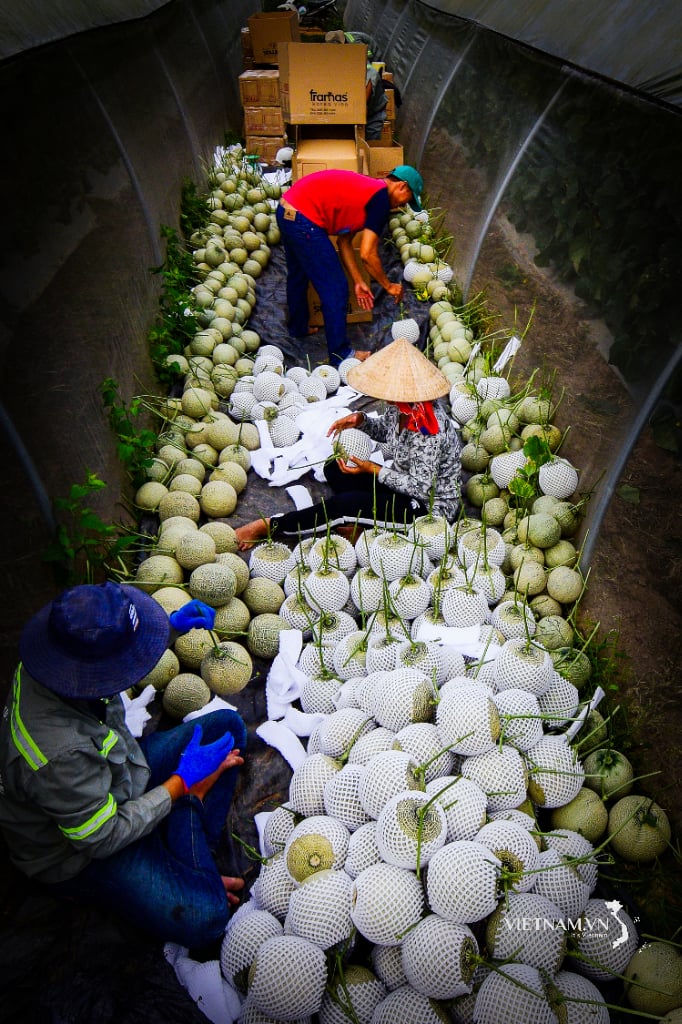

Comment (0)